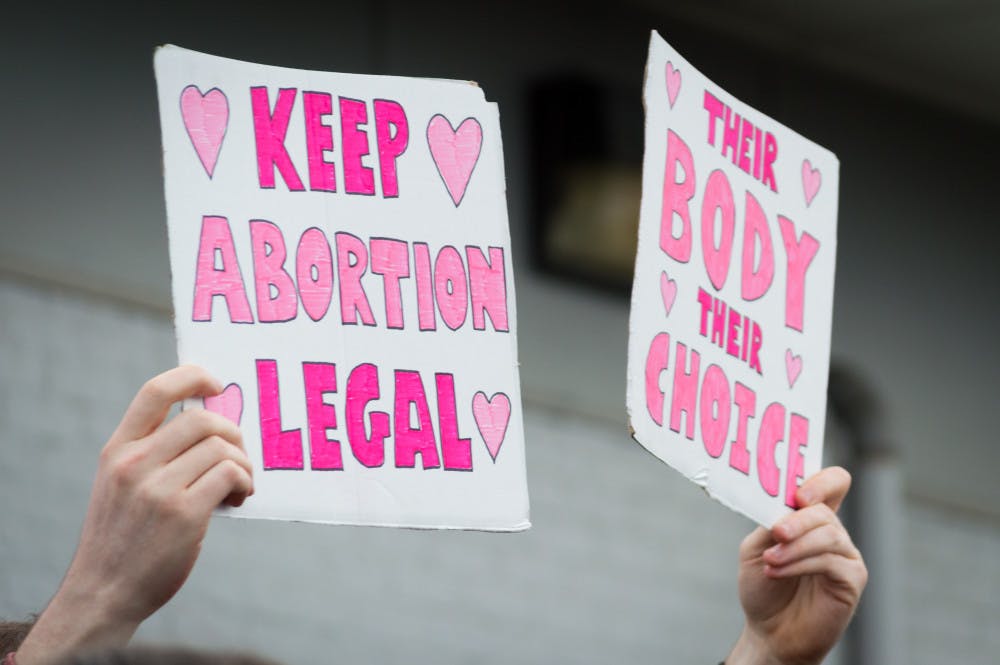By Katie Wertheimer and Ashley Van Riper
Planned Parenthood celebrated 100 years of providing compassionate and accessible health care for its patients last October. Despite the lifesaving care Planned Parenthood provides, patients’ access to care is being threatened as it never has been before. Now is the time to learn about these issues and take action in our communities.

Planned Parenthood provides a wide range of reproductive health care services (envato elements).
Planned Parenthood provides a wide range of reproductive health care services. More than 90 percent of services are preventive family planning services, including lifesaving breast and cervical cancer screenings, birth control and sexually transmitted infection testing and treatment, according to Planned Parenthood’s website. It is also proud to provide abortion services, ensuring that individuals have accurate information about all of their options.
While the lifesaving effects of these health services are well-documented, Planned Parenthood remains threatened by anti-abortion legislation. Gov. Chris Christie eliminated funding for preventive family planning services from the New Jersey state budget in 2010, according to Planned Parenthood’s New Jersey website.
Christie’s budget cuts had intense, real-world consequences for patients throughout New Jersey, with half of New Jersey counties experiencing increases in cases of bacterial STIs of nearly 50 percent or more between 2009 and 2015, as well as significant increases in breast and cervical cancer rates statewide, according to Planned Parenthood’s website.
Without the guarantee of state funding, now more than ever, the federal push to defund Planned Parenthood would devastate patients’ access to care in New Jersey.
At the federal level, legislation to repeal the Affordable Care Act and limit access to Planned Parenthood’s services would leave 14 million more people uninsured by 2018, reduce access to family planning services that prevent unwanted pregnancies and remove access to care for patients who live in low-income areas or rely on Planned Parenthood as their sole health care provider.
In the wake of such unprecedented threats to accessible health care, it is important to act now. We both intern for Planned Parenthood Action Fund of New Jersey, which will host student activist training on April 1 to provide students across the state with the tools they need to advocate for reproductive rights.
The Reproductive Health Summit: New Jersey Student Activist Training seeks to educate attendees on how to create effective change in response to current threats to reproductive rights and organize activist and grassroots mobilization in response to any social injustice.
The student summit will feature a keynote speech by Assemblywoman Shavonda E. Sumter, focusing on her experiences as a woman in New Jersey politics and the importance of student activism in creating effective change on a grassroots and statewide level.
The event will also include workshops that cover how to lobby your elected officials, create a campaign strategy to organize your community and communicate effectively about an issue through various mediums — social media, personal storytelling, letters to the editor, etc.
The role of students in standing up for reproductive rights is crucial right now, but you can gain the necessary experience to stand with Planned Parenthood and ensure that their doors stay open at this summit.
Anyone can attend the summit for free on April 1 from 10:30 a.m. to 4 p.m. at Rutgers University Campus, New Brunswick. To register, go to: http://bit.ly/ReproHealthSummit17.







